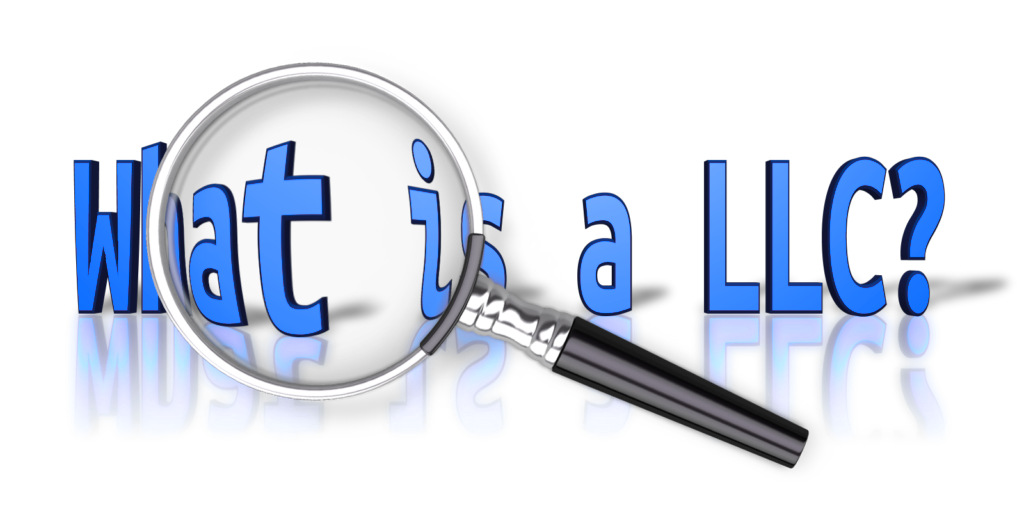There are many different ways in which a business can be formed. When forming your own business, though, there are four main types to consider, each with their own pros and cons. For this post, we will answer “What is a Limited Liability Company (LLC)?”
A limited liability company is a hybrid between a corporation and a partnership. It is a popular business model due to its dual nature.
Advantages of a Limited Liability Company:
- Low start up costs.
- The owners generally are immune from personal liability for the conduct of the business, with some rare exceptions (i.e. fraud).
- The owners’ personal assets are generally protected from claims against the business.
- Owners can be added or removed easily.
- Owners can sell equity in the company to raise money.
- Some states allow the owners flexibility to decide whether they would like business income taxed personally (“pass through taxation”) or on behalf of the business itself (corporate level).
- A potential tax benefit of the LLC is the ability to use profits and losses of the business to offset other personal income.
- Forming or Registering an LLC in New York State is very quick and easy with a knowledgeable business attorney.
Disadvantages of a Limited Liability Company (LLC):
- There are certain accounting rules that must be followed, such as not commingling business funds and the owner’s personal funds.
- There are certain rules that owners or managers of the business must follow when signing contracts.
- The owners and managers must follow the LLC’s operating agreement when conducting business.
- Unlike a sole proprietorship, many states do charge a filing fee, and a nominal biannual registration fee.
- Formal organization papers must be filed with the Secretary of State.
A Limited Liability Company is a great way for entrepreneurs to get their business started. If you are interested in starting a business, check out our Business Formation page or consult with a knowledgeable business attorney to review the rules and requirements that you must follow in order to protect yourself. To speak with one of our business attorneys, please call (716) 853-1111 for a free consultation, or simply leave a comment below!

